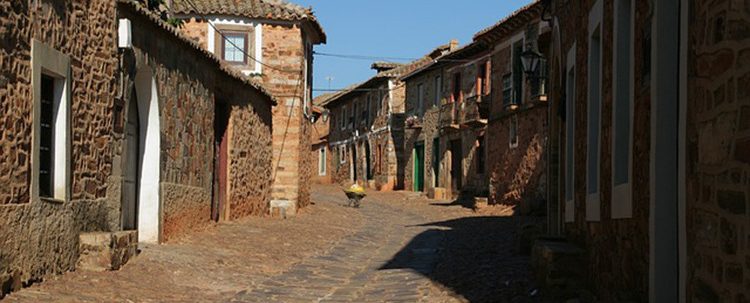At the beginning of the 50s until the end of the 70s, in Spain, due to the industrialization and subsequent mechanization of agricultural processes, many rural families moved to provincial capitals. More than 3 million Spaniards moved to the city in these decades where the big industries were concentrated. Mainly, Madrid, Barcelona and the Basque Country.
In addition, millions of Spaniards emigrated abroad to Germany, France or Switzerland, which replaced national destinations.
What reasons caused this? In addition to work, there are other reasons why people move:
–Access to high education. It is not just about studying for a career but about going to a high school or to a Vocational school. Sometimes, in some provincial capitals, it is necessary to change the district to study a specialty. Therefore, for these municipalities to maintain a wide educational offer, so that young people do not leave, is a great investment. In addition, not all careers are available in each of the Spanish provinces, which makes it very difficult to keep young people, not only in their town, but in their autonomous community.
– Preschool educational centers. The base of the population pyramid also finds no place in these areas. Despite the fact that parents find a stable and well-paid job, in these small towns sometimes there are no nurseries or schools, due to the lack of the minimum number of students.
– Quality healthcare. Some municipalities do not have their own health center, the nearest hospital is 50 kilometers away or, directly, there is no pharmacy. This is a clear disadvantage.
– The aging of the population. In many municipalities, most of the population is over 60 years of age.
– The lack of places of leisure for the young people.
All this becomes like a downward spiral that has accelerated the rural exodus in recent years. In cities such as Cuenca, Soria and Teruel the situation becomes unsustainable and uncontrollable, since they have the lowest population densities in all of Spain. For every square kilometer there are only 10 citizens.



